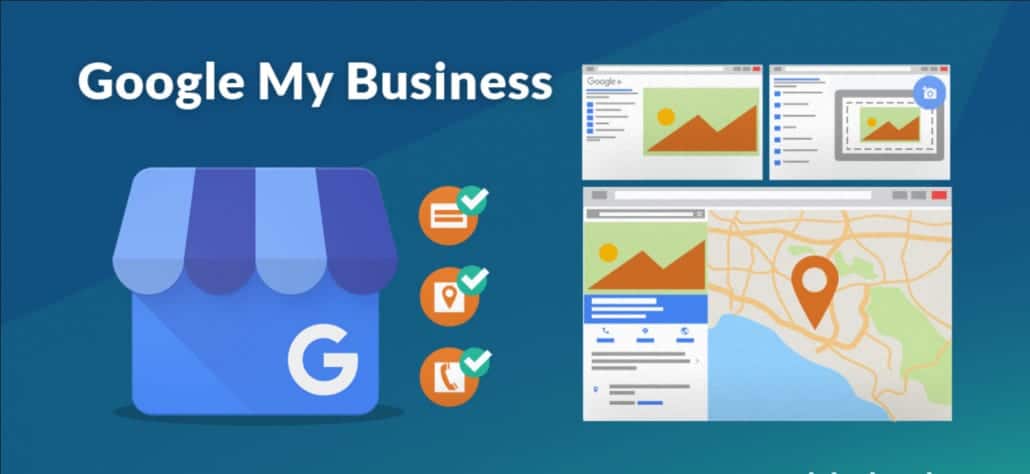OK, Google
Alexa play…
Hey Siri?

Sound familiar? Unless you’ve been living under a very large rock — I take that back; even if you have been living under a very large rock — you undoubtedly know what I’m about to say.
And that’s the point of this post: What we say is the new key to search, and how we say it will determine just how much we’ll have to pivot our keyword research to cater to voice search.
From our smartphones to devices like Amazon Echo or Google Home, voice search technology and usage has absolutely skyrocketed. Last year, just over 35 million Americans used a voice assistant at least once a month. And that number is only growing.
The importance of understanding SEO strategies for voice search is crucial. To give you a slight picture of just how important these strategies will be, think about this:
- Mobile voice searches are 3x more likely to be local than their text-search counterparts.
- In the past two years, there has been a 150% increase in “near me” searches.
When someone holds down their voice command button on their smartphone and searches something, there are a few things we know. For example, take a request like: Where is a coffee shop near me? We know they want coffee and they’re most likely ready to purchase as soon as the closest and best possible result pops up.
Having the right SEO strategy to get on the front page for the right voice keywords is crucial for gaining customers. And gaining new customers no longer happens at the click of some buttons, but when somebody actually asks for your product. So, how do you create a new strategy that plays by the voice rules? Well, we have to understand a few key elements first.
Speech Vs. Type Patterns
The way we speak and the way we type are different. When we type, we tend to input only the pertinent parts of the information we want. If it’s a coffee shop we’re looking for, we might type: “Best coffee shop Minneapolis.” But when we use speech, we’ll ask a full query: “What are the best coffee shops in Minneapolis?” This means that long-tail keywords may get even longer and are almost always done as questions in voice search.
The first step, then, is to find voice search keywords that people are asking now. I personally recommend using tools like AnswerThePublic or Ubersuggest.
Once you find the most applicable long keywords, optimize your on-page SEO by putting them into your content. Here’s how:
Find your topic.
As stated above, voice search is typically going to revolve around questions. This means figuring out the what, when, why, where or how to a query that may be asked about your topic.
When searching for voice keywords, try to find all of the commonly asked questions around a given topic. Embed these keywords into the content. Go about optimizing your page as you normally would, but now be sure to put in as many of these queries that appear like voice terms.
To find commonly asked questions about your niche, product or service — use that a great tool I mentioned before called Answer The Public. Just type in your keyword and the service will automatically spit out a ton of questions related to your topic.
The best part — they are all separated into the different categories of questions: Who, what, when, why, are, how, where, which.
 This especially helpful for naturally weaving content into your pages. The type of question being asked will give insight into where they are on the buyer’s journey.
This especially helpful for naturally weaving content into your pages. The type of question being asked will give insight into where they are on the buyer’s journey.
For instance, if someone were to ask the question: What restaurants are vegan near me?
They are likely in the research stage and still weighing their options.
And if they search: Best vegan restaurant
They are still in the research stage, and want a vegan place with a good rating.
But if they were to ask: Where is the nearest vegan restaurant.
They are ready to purchase and looking for the nearest option.
Notice, there’s a theme. Local content is the king of search right now. Naturally weaving the answers to your niche’s commonly asked questions into your content is the first step. Here are some tips:
- Put “near me” in title tags, internal links, meta descriptions and anchor texts
- Associate your keywords with landmarks around your business area
People often search for things that are either the best or the most affordable.
Therefore your copy should include words like: the best, most affordable, the number one — preceding your product, service or niche. You should also pay attention to the rating your business gets on Google, that will matter if people search for “the best.”
Your second step is nailing down your NAP listing. Claiming your business on Google My Business will give the search engine necessary information for those golden local search queries.
Provide the answer to the query to be sure that your content is found. Embed these as answers to the question keywords you’ve found. If we stick with our vegan example, let’s answer their questions in content form.
What restaurants are vegan near me?
AJ’s Vegan Diner lies in the heart of downtown Minneapolis near U.S. Bank Stadium.
Best vegan restaurant
Our customers are always delighted with our options. “AJ’s Diner was the best vegan meal I’ve ever had!”
Get creative! Providing customer testimonies is never a bad option!
Studies show that answers that are around 30 words or less tend to do best. Obviously, it’s worth testing different answers and figuring out what Google picks up.
Don’t leave out long-form content.
You should also be optimizing long-form content for voice as well. Be sure to embed as many answers as possible because longer content ranks better. You can also make short content that is almost entirely aimed at voice search optimization. These work especially well in FAQ form, as the format itself already lends itself to voice.
*Disclaimer: Make sure the content is still natural. Don’t flood your content with forced questions and answers. The integrity, quality and usefulness of your content is still top priority.
Voice is the future
This really just the tip of the iceberg when it comes to voice. There are so many fascinating and exciting things surrounding the voice revolution. Properly optimizing your page and future content for this type of search will be necessary to compete in the coming years.





